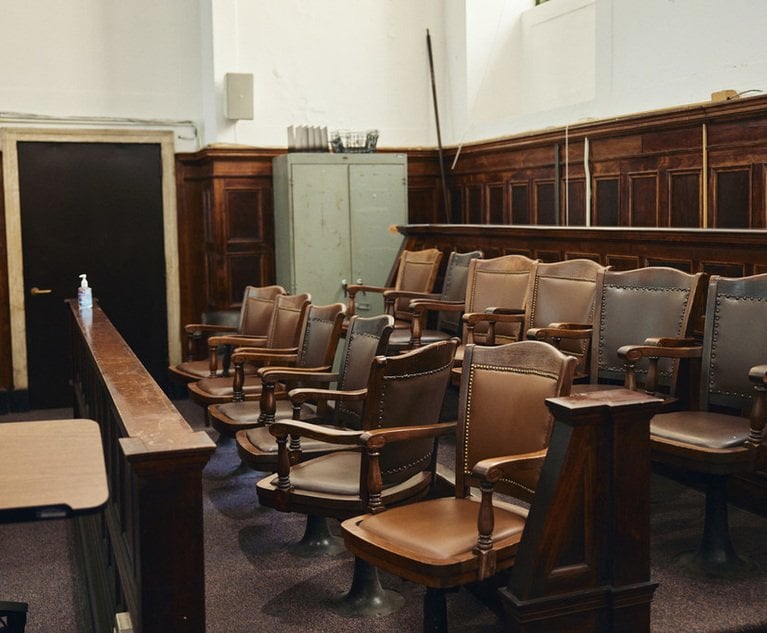Litigation hold letters have become commonplace in commercial litigation since the string of Zubulake decisions in 2003, Zubulake v. UBS Warburg, 220 F.R.D. 212, 217 (S.D.N.Y. 2003). The duty to preserve both hard copy and digital evidence exists under both federal and state law., as in Mount Olivet Tabernacle Church v. Edwin L. Wiegand Division, 2001 Pa. Super 232, 20, 781 A.2d 1263, 1270-71 (Pa. Super. Ct. 2001); 571 Pa. 60, 811 A.2d 565 (2002). This duty begins when a party knows or should have known of the threat of litigation, as held in PTSI v. Haley, 2013 Pa. Super 130, 71 A.3d 304, 315-16 (Pa. Super. Ct. 2013). Destruction or negligent loss of evidence that should have been preserved may warrant an adverse inference charge, fines, costs or other sanctions, as in Pa. R.C.P. 4019(c)(1)-(5); Oxford Presbyterian Church v. Weil-McLain, 2003 Pa. Super 14, 815 A.2d 1094, 1105 (Pa. Super. Ct. 2003). The duties of the parties to preserve evidence makes litigation hold letters both offensive and defensive weapons, provides the opportunity to frame the arena for discovery and send important messages to both your own client and your opponent.
The duty to preserve evidence, especially as it pertains to digitally stored material, frequently poses a significant burden—of both time and money—on parties in a commercial dispute. This is due to the large number of technical considerations that must be made to comply with a litigation hold duty, such as determining the universe of hard copy and digital evidence repositories (i.e., email, hard drives in copiers, cloud accounts, etc.), determining the parameters of a search of those repositories, taking the time to search those repositories and then preserving the results in compliance with the law. However, attorneys should look at the litigation hold duty as not merely a burden, but as a strategic opportunity. You must send litigation hold letters to your own client and to all opposing parties. Strategic opportunities exist for both; there is significant risk in squandering them.


 Christopher Ezold of Ezold Law Firm.
Christopher Ezold of Ezold Law Firm.




